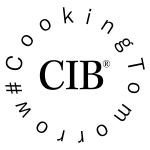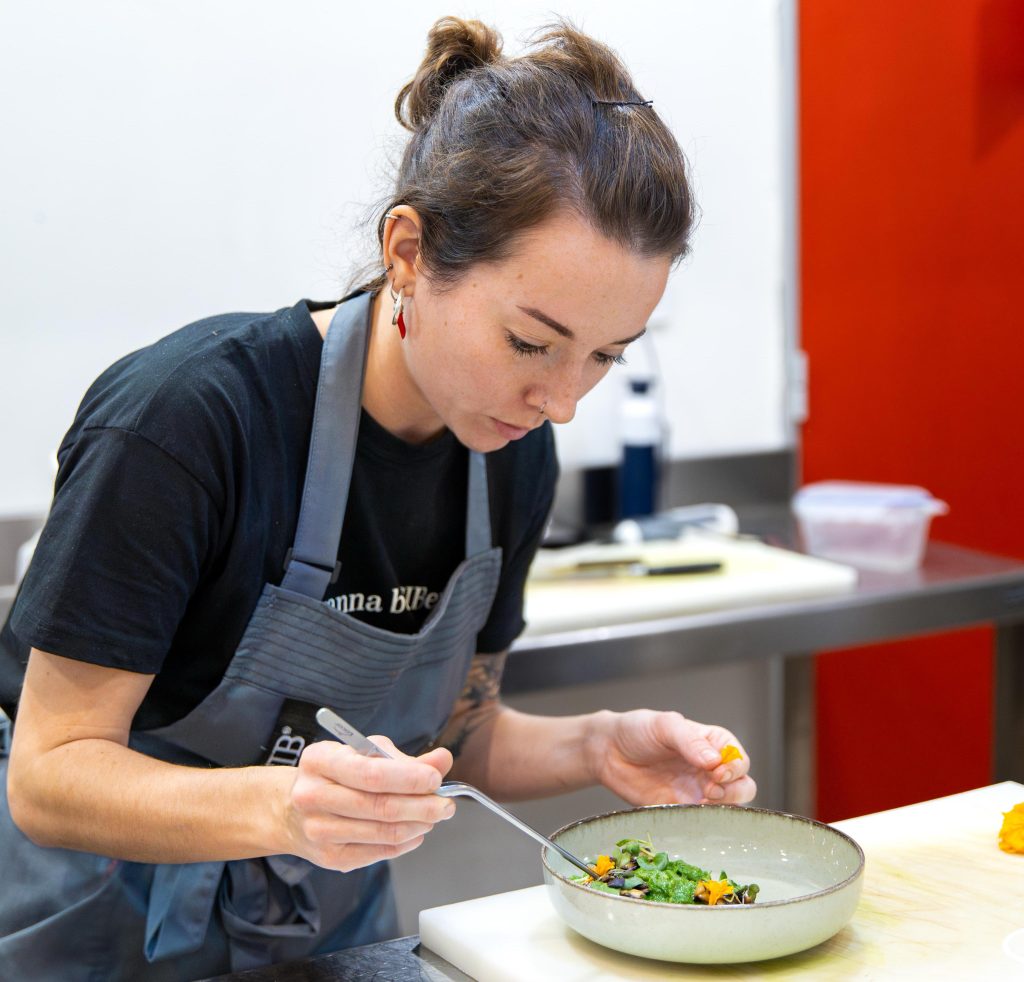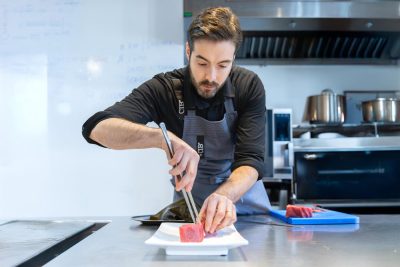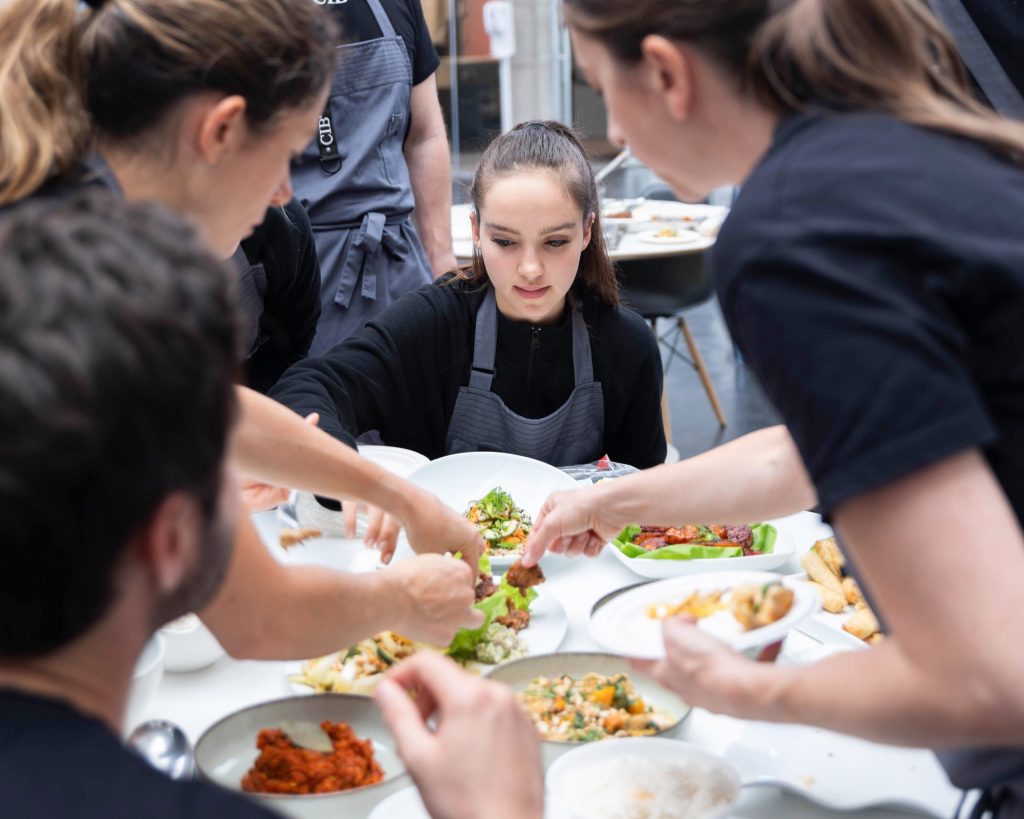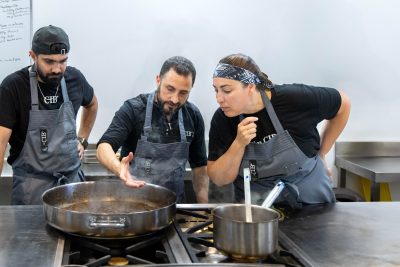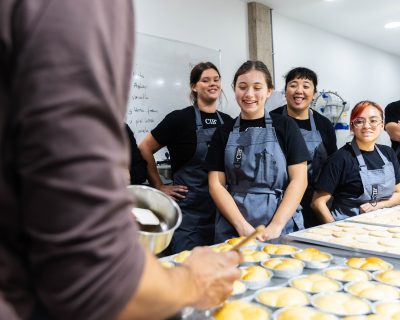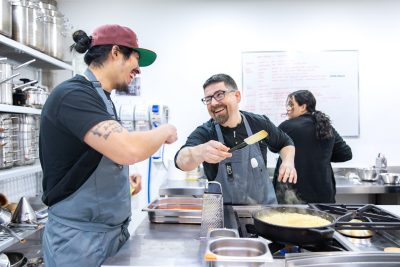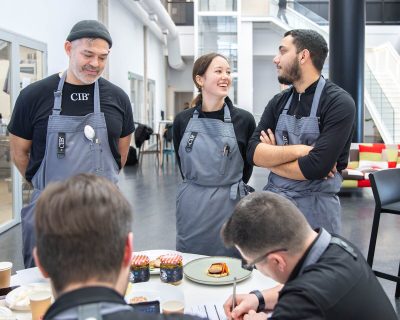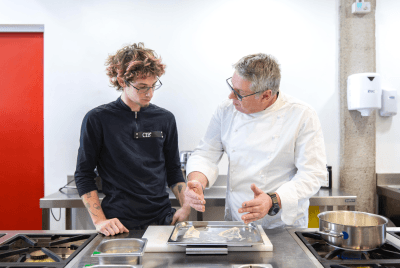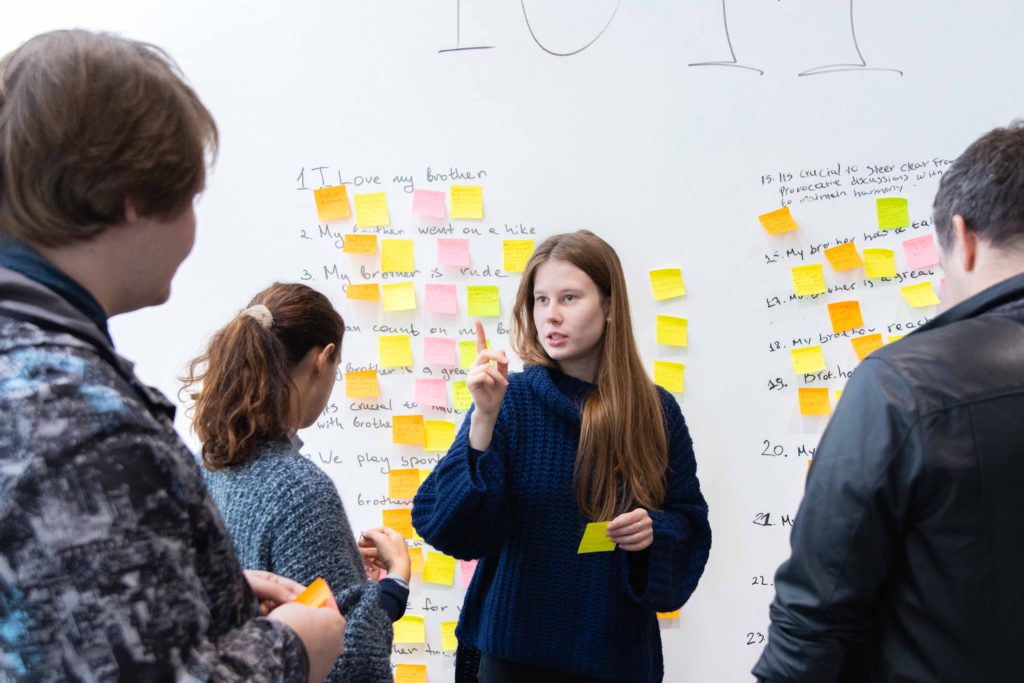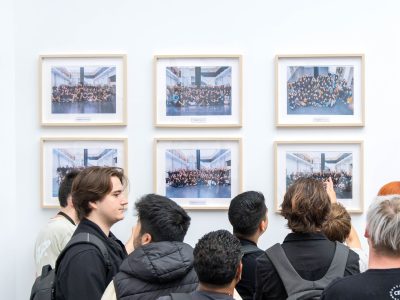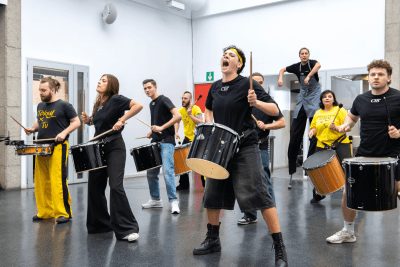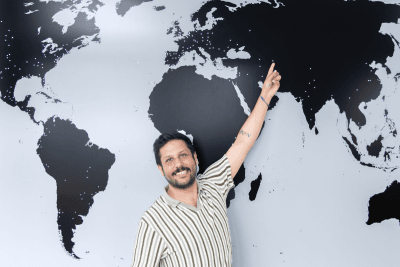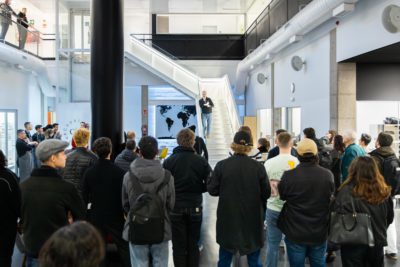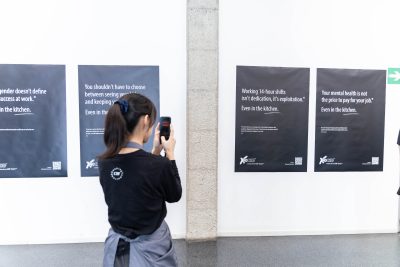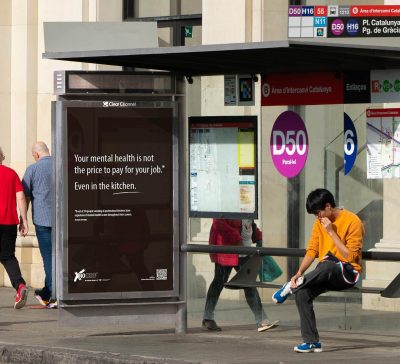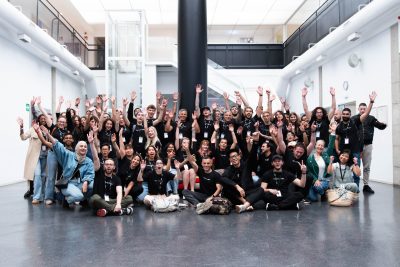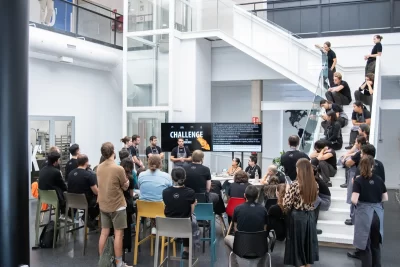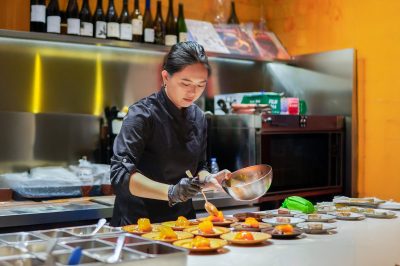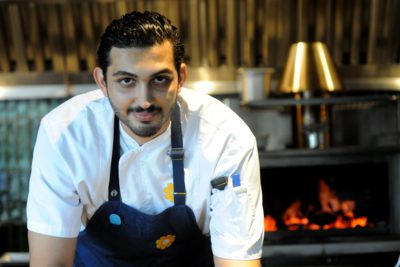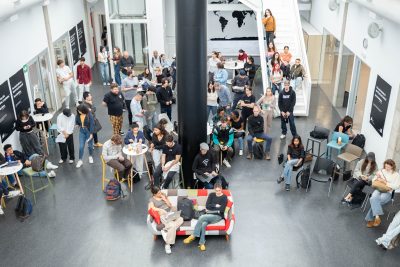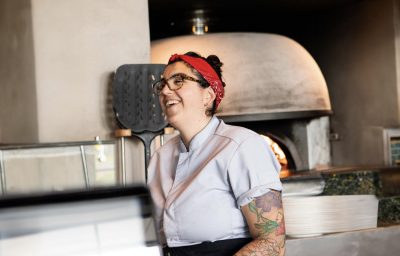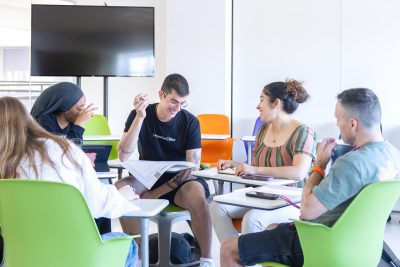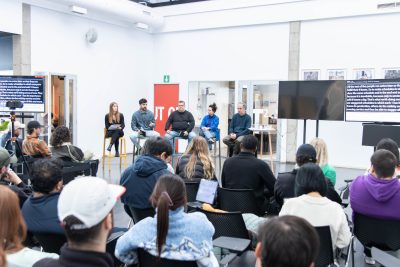Spanish haute cuisine in Lebanon | Success Story: Sary Ladki
Beirut, a vibrant and multicultural city, has recently become home to a singular gastronomic project: Cena by Sary. After years of experience in kitchens across Canada and training at the Culinary Institute of Barcelona (CIB), chef Sary Ladki found in the Lebanese capital the perfect stage to unite two culinary worlds: Spanish tradition and Mediterranean hospitality. Opening one’s home to share a meal with friends and family is a hallmark of both Spanish and Lebanese cultures, and Sary has turned that gesture into his daily life. Several times a week, the living room of his loft becomes the epicenter of an intimate and heartfelt dining experience. In this interview, we discover how Cena by Sary was born, what it truly means to work as a private chef, the role CIB played in his professional development, and why Sary believes that passion, discipline, and dedication are the pillars of becoming a chef.

